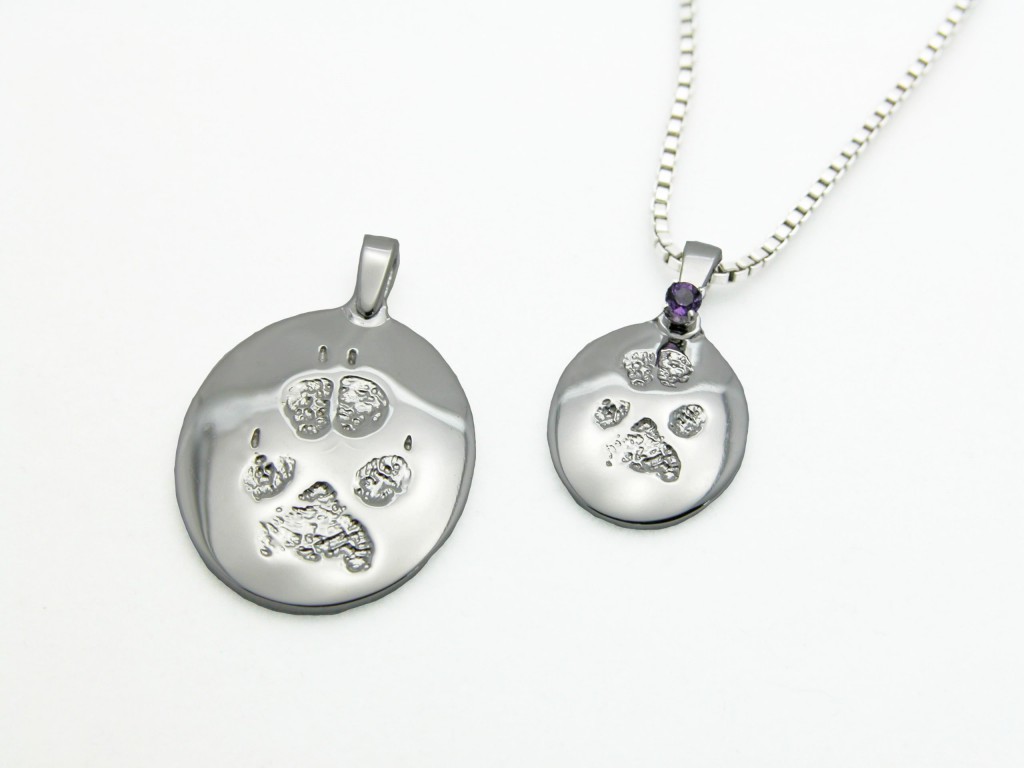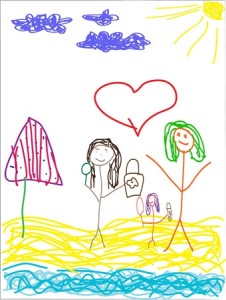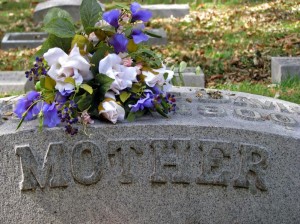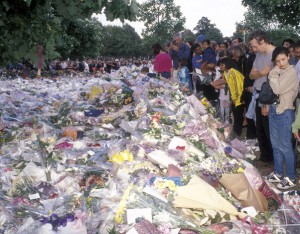“Our human compassion binds us the one to the other – not in pity or patronizingly, but as human beings who have learnt how to turn our common suffering into hope for the future.” – Nelson Mandela
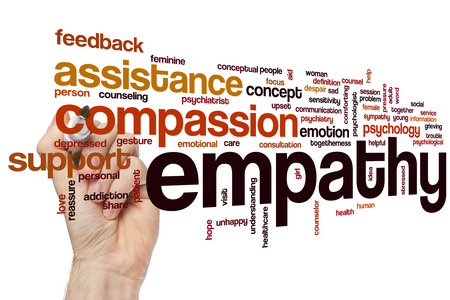 A telephone call is usually the first point of contact for funeral directors, hospice workers, and other professionals involved in making final arrangements for the deceased. Bereaved friends and family members make the critical telephone calls reaching out for help in the hours following the passing of their loved one. They are seeking help, compassion, and support from those that are tasked with dealing with death – all things that can be very difficult to convey over the telephone.
A telephone call is usually the first point of contact for funeral directors, hospice workers, and other professionals involved in making final arrangements for the deceased. Bereaved friends and family members make the critical telephone calls reaching out for help in the hours following the passing of their loved one. They are seeking help, compassion, and support from those that are tasked with dealing with death – all things that can be very difficult to convey over the telephone.
If you are one of the countless professionals and volunteers that are tasked with helping others navigate the complex, emotional, and often stressful journey of end of life and death care, then these situations are all too familiar.
At best, these telephone calls can be pleasant and casual, but more often than not, they are among the most difficult conversations that you will ever be involved with. Adding to the challenge is the fact that these telephone calls tend to come at the worst possible times – during your kid’s little league game, while you’re out on a Tinder date, or after you’ve enjoyed one too many martinis.
Despite your best intentions, communicating clearly and with compassion can sometimes be difficult which ends up leaving the caller with the impression that you’re cold, uncaring, and completely unsympathetic to their situation.
It’s Not You – It’s The Telephone

If this sounds familiar, don’t get down on yourself – trying to make a real, human connection over the telephone is incredibly difficult, even for the most seasoned professionals. After all, speaking with a grief-filled stranger is challenging in person – adding the barriers that come with talking on the telephone make what’s already a tough situation even worse.
While the telephone is a wonderful technology, it has some serious shortcomings – you can’t actually see the caller, so you miss out on all of those critical visual cues that make up a huge part of human communication.
There’s also the chance that you’ll also be dealing with a language barrier between you and your caller, which makes having a clear conversation all the more difficult during these times of grief. Of course, there’s now the added issue of poor cell phone reception, garbled speaker phones, and three-way calling to make the conversation even more difficult.
After all of this, it’s no wonder that many funeral directors, hospice workers, nurses, and others who people turn to for help during the dying process sometimes come off as being ‘cold’ and lacking in compassion over the telephone – you can’t give the caller a reassuring nod, a comforting hand on their shoulder, or pass them a box of tissues. Even the warmest, and most loving human beings can seem uncaring during a telephone call.
On the upside, with a little practice and work you can actually improve how you communicate over the phone and learn the skills and techniques it takes to reveal the compassionate, supportive person you are to a stranger that is on the other end of the line.
Here’s some simple steps you can take to communicate genuine compassion over the telephone:
Pay Attention and Listen

Sure, it sounds obvious, but think about what you usually do while talking on the phone. Chances are good that you see your telephone time as an opportunity to multi-task – you might be in the habit of straightening up your desk while you chat, checking your social media feed, or catching up on your emails.
You might even believe that your caller doesn’t know you’re multi-tasking because they can’t see you, right?
Wrong.
Callers can sense if you are giving them your full attention – it’s a critical part of being compassionate. Really listening to someone lets them know you that really care about them, understand their challenges, and want to help.
Leave the multi-tasking for later – give the caller your full attention right now – and they’ll appreciate it.
Speak Slowly and Clearly
Have you ever noticed that people who are stressed out don’t seem to listen very well? So have many scientists, and there are now a number of studies that confirm the link between stress and actual measurable hearing loss.
Some people actually experience temporary deafness and/or tinnitus (ringing in the ears) when dealing with a stressful life event such as the passing of a loved one, making it critical to speak clearly and slowly when on the phone with a grieving caller.
Take the time to speak slowly and clearly to give your caller a chance to actually hear what you have to say. Resist the urge to raise your voice though – increasing the volume of your voice could backfire and give your caller the impression that you’re annoyed, angry, or impatient.
Ask Questions
Asking your caller specific questions lets them know that you are really paying attention, and that you care about them personally. Remember, the telephone phone is all about two-way communication, so take this opportunity to learn about your caller, understand their needs, and get to know what you can do to help them.
Don’t Overwhelm With Information

Remember that “a phone call is a dialogue, not a monologue”.
Giving your caller too much information during a call can come across as cold and sales-orientated – the exact opposite of compassionate. Try to keep specific information to a minimum – you can get into all the details during a face-to-face meeting, a follow-up telephone call, or over email.
Don’t Make Assumptions
Everyone reacts to death and dying differently, and quite frankly it’s not always a sad situation for the survivors. Don’t assume that the caller is upset, and avoid imposing this expectation with statements like “you must be sad”, “this must be so difficult for your family”. These type of ‘canned’ responses are ok if the caller is clearly upset, otherwise, assuming a person is experiencing a particular emotion can come across as cold, uncaring, and even insensitive.
Wondering What To Say? Here’s Some Suggestions
Validate Uncomfortable Feelings
Giving a grieving person permission to feel sad, angry, upset, or even relieved can go a long way towards communicating compassion. Simply saying “it’s ok to cry” can break down barriers and solidify your position as a trusted person in times of grief.
Ask How You Can Help
A simple, open-ended question such as “How can I help?” is a powerful way to let someone know that you truly care about them, their feelings, and their needs, while avoiding any assumptions about the kind of support the caller wants.
Acknowledge Your Own Feelings
Don’t try to over-empathize with statements like “I know how you feel” – instead, try saying something like “I don’t know how you feel, but I am here to help in any way I can”.

Remember, always speak slowly, listen closely, and take a caring, compassionate tone with your callers. They’re counting on you to help them navigate a major event in their lives. Focus on being compassionate on the telephone. You can have the power to help people gain the necessary trust in you, so that you can then ask the questions that you need answered. People are going out on a limb when they call on a stranger for help. Being there is important but over the telephone you need to TELL them that you are here for them and care about their needs.


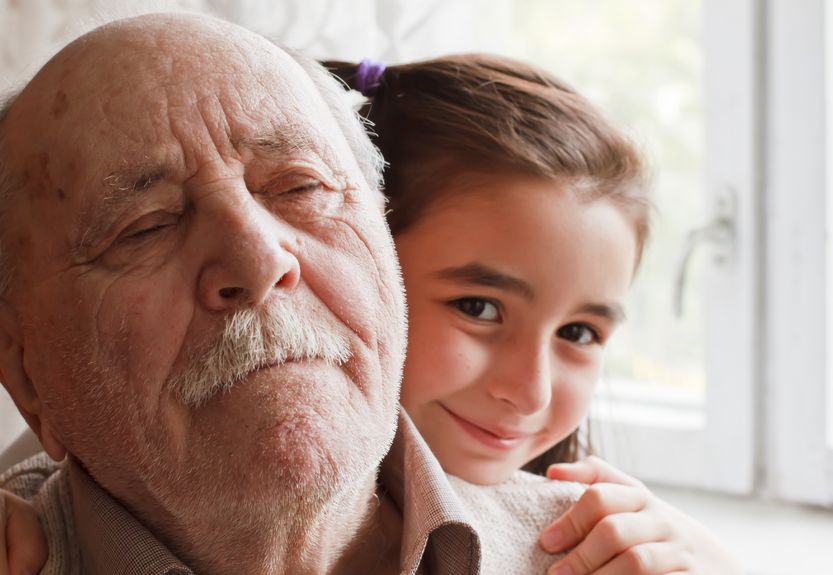 Grandparents are very important people in every child’s life. They keep wishing that they can be around them again. No one wants to watch their children going through the pain of facing the loss of death. Everyone intends to help guide the child in understanding what has happened and it is important to know the best ways to accomplish that.
Grandparents are very important people in every child’s life. They keep wishing that they can be around them again. No one wants to watch their children going through the pain of facing the loss of death. Everyone intends to help guide the child in understanding what has happened and it is important to know the best ways to accomplish that.

 Pet ownership is among the deepest pleasures in life. Whether you’re a cat person, a dog person, or a little bit of both, every household feels fuller with the love and affection of a four-legged family member. Having a loving and caring animal to come home to and play with, cuddle with, and bond with is an amazing thing. It provides an insight into the selfless adoration that many people might not otherwise experience.
Pet ownership is among the deepest pleasures in life. Whether you’re a cat person, a dog person, or a little bit of both, every household feels fuller with the love and affection of a four-legged family member. Having a loving and caring animal to come home to and play with, cuddle with, and bond with is an amazing thing. It provides an insight into the selfless adoration that many people might not otherwise experience.


 This can be especially helpful for families with children. A pet’s death is often the first experience many children have with the concept of permanent loss, and the experience can be very troubling. Tell your child what happened with plain and clear language, avoiding euphemisms and encourage them to ask as many questions as necessary. If they seem particularly sad, comfort them and urge them to share stories and thoughts to help manage the grieving process. By sharing and remembering the good times, you and your child can bond together over love instead of sadness.
This can be especially helpful for families with children. A pet’s death is often the first experience many children have with the concept of permanent loss, and the experience can be very troubling. Tell your child what happened with plain and clear language, avoiding euphemisms and encourage them to ask as many questions as necessary. If they seem particularly sad, comfort them and urge them to share stories and thoughts to help manage the grieving process. By sharing and remembering the good times, you and your child can bond together over love instead of sadness.


 Opening Up Your Heart by getting a new pet can be a point of contention after the loss. Some feel as though immediately bringing home a new kitten or puppy is disrespecting the honor of the fallen family member. While others see it as a way to help the heart to heal. Whether you plan to get a new animal right away or choose to take some time to process the loss, opening your heart to the possibility of a new pet can be a great way to add a bright spot to your life. While nothing can ever replace your beloved family member, providing a loving and wonderful life for a new animal in need can help you find comfort and heal your heart.
Opening Up Your Heart by getting a new pet can be a point of contention after the loss. Some feel as though immediately bringing home a new kitten or puppy is disrespecting the honor of the fallen family member. While others see it as a way to help the heart to heal. Whether you plan to get a new animal right away or choose to take some time to process the loss, opening your heart to the possibility of a new pet can be a great way to add a bright spot to your life. While nothing can ever replace your beloved family member, providing a loving and wonderful life for a new animal in need can help you find comfort and heal your heart.

 Formal Funerals
Formal Funerals
